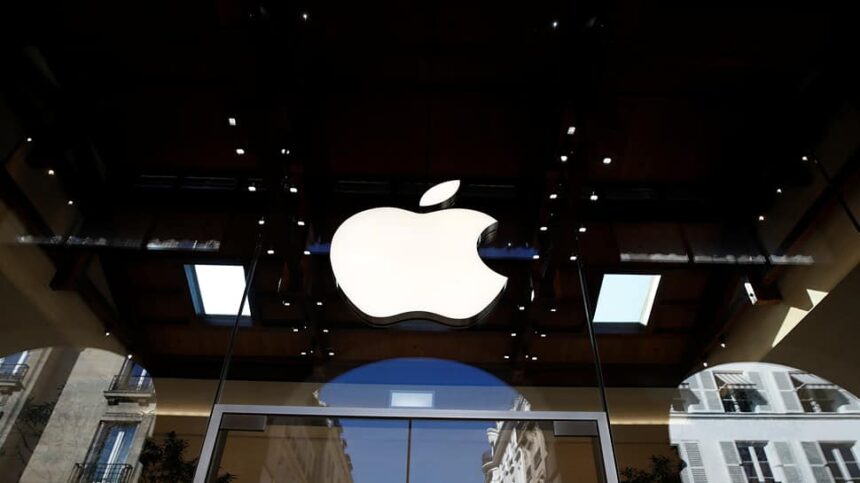Apple is preparing to make significant updates to the iPhone and iPad software with the release of iOS 17.4, which will include changes to the App Store that allow for sideloading apps on the iPhone. However, these changes will not be extended to users in India. The purpose of these updates is to comply with the European Union’s Digital Markets Act (DMA) regulatory policy.
Sideloading on the iPhone is the process of installing an app without using the official app store. Apple refers to sideloading as an ‘alternate marketplace.’ This feature will be introduced with the iOS 17.4 update in March, but it will only be available in the 27 nations of the European Union.
Apple is making these changes in order to align with regulatory policies. In the past, the company introduced Type-C charging ports in iPhones on a global scale to comply with an EU ruling. While there is the option to extend the rollout of these iOS and App Store changes to global markets, Apple has chosen not to do so deliberately. The company has emphasized that these policies have not been rolled out by choice.
According to Apple executive Phil Schiller, the company is implementing these changes while also striving to protect EU users from the increased privacy and security threats that this regulation brings. Schiller stated, “Apple is not offering these changes outside of the EU because this is not the safest system for our users. We’ve been very clear about new threats the DMA introduces — including increased risks for malware, fraud, and scams, illicit and objectionable content, and reduced ability for Apple to respond to and remove malicious apps. The changes required by the DMA also involve new technologies and processes that are untested and may require further development.”
In summary, Apple is taking steps to allow app sideloading on the iPhone in the EU as part of updates to iOS 17.4 in compliance with the Digital Markets Act, but these changes will not apply to users in India. The decision to exclude other global markets from these changes has been made intentionally, as Apple aims to protect users from potential security threats and challenges associated with the regulation.


